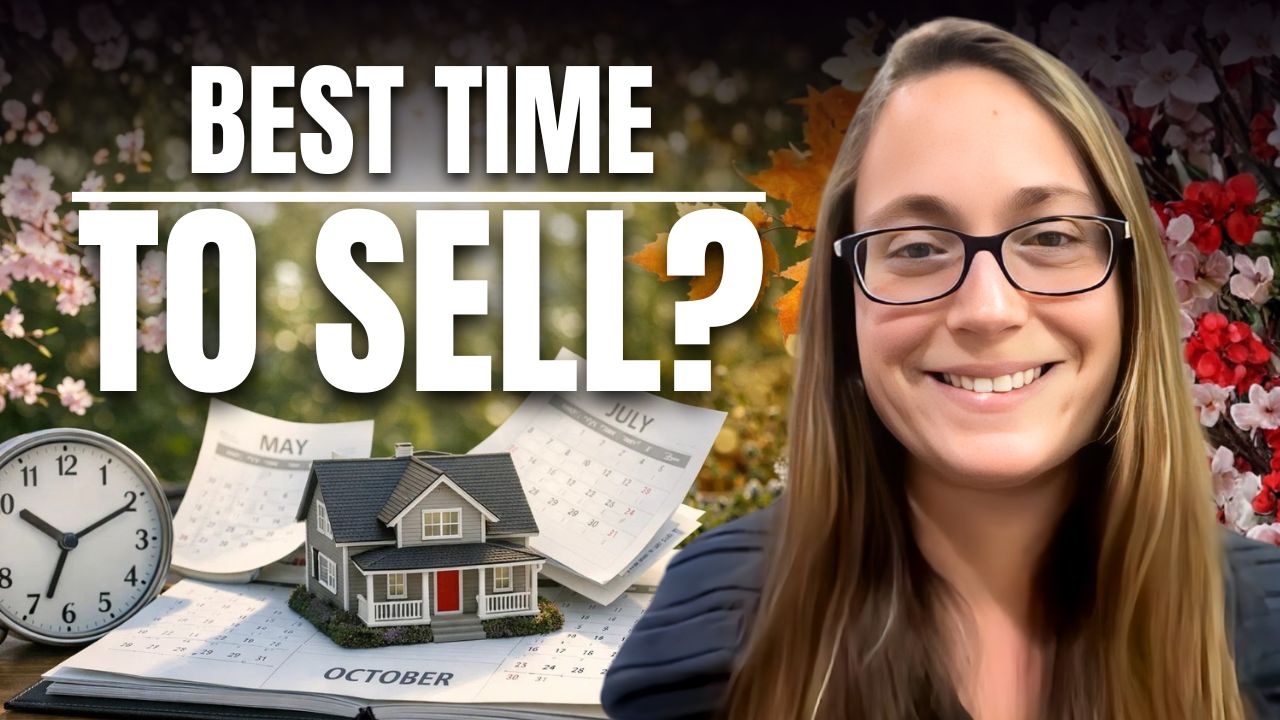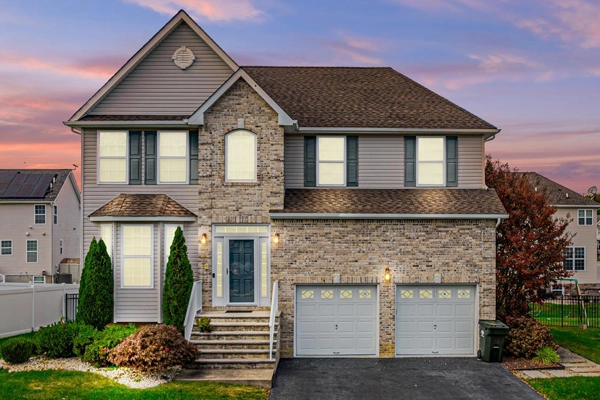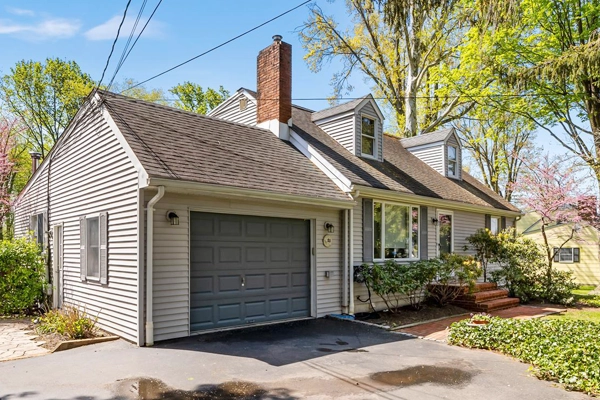
Empowering Your Move With Proven Expertise. Schedule a free 1-on-1 session to discover all of your selling options. Book a Call
Are you selling your home this year? If so, you’ve probably wondered what exactly you need to disclose to potential buyers. Seller disclosures are more important than ever in 2025, and understanding them is key to avoiding legal headaches and closing deals quickly. Transparency isn’t just a courtesy—it’s a necessity if you want to be legally protected. Here’s a breakdown of what you need to know about seller disclosures to ensure a smooth and successful home sale:
1. Material defects. As a seller, you’re required to disclose any known material defects that could impact your property’s value or safety. This includes issues like foundational cracks, roof leaks, or pest infestations. Even if you’ve repaired these problems, it’s essential to disclose them. Buyers need a full picture of the property’s history so they can make informed decisions. Transparency builds trust with buyers and helps prevent disputes later on. If they discover hidden issues after the sale, it could lead to legal challenges that no one wants.
2. Repairs and property condition. Whether it’s structural problems, plumbing repairs, or past flooding, sellers must document and disclose these issues even if they’ve already been resolved. Buyers have a right to know what they’re walking into. By being upfront about the property’s condition and repair history, you’re not just protecting yourself from future complications; you’re also showing buyers that you’ve taken proper care of the home. Honesty here can go a long way in building trust and confidence.
3. Environmental and neighborhood factors. Disclosures go beyond your home’s four walls. Sellers are also responsible for sharing information about the surrounding environment. This could include things like being in a flood zone, nearby industrial activity, or contaminated soil. It’s also a good idea to let buyers know about neighborhood-specific concerns. Providing this context allows buyers to make an informed decision and shows that you’re committed to transparency, which can set the tone for a positive and cooperative transaction.
The golden rule of seller disclosures is simple: when in doubt, disclose. Failing to do so could result in costly legal issues that are both time-consuming and stressful. If you’re unsure about what needs to be disclosed or have other questions about selling your home, I’m here to help. Feel free to reach out by phone or email to make your selling process smooth and stress-free. Transparency is the foundation of a successful sale, and I’m here to guide you every step of the way.
-
Empowering Your Move With Proven Expertise. Schedule a free 1-on-1 session to discover all of your selling options. Book a Call
-
Considering Selling Your Home?. Get a free home evaluation and expert advice on maximizing value. Get Estimate
-
Strategic Marketing That Drives Results. Request our tailored marketing plan for your home to attract multiple buyers and net you the highest price. Request Your Plan
-
Free Real Estate Newsletter. Get our latest Q&A, insights, and market updates to make smarter decisions. Subscribe Now








